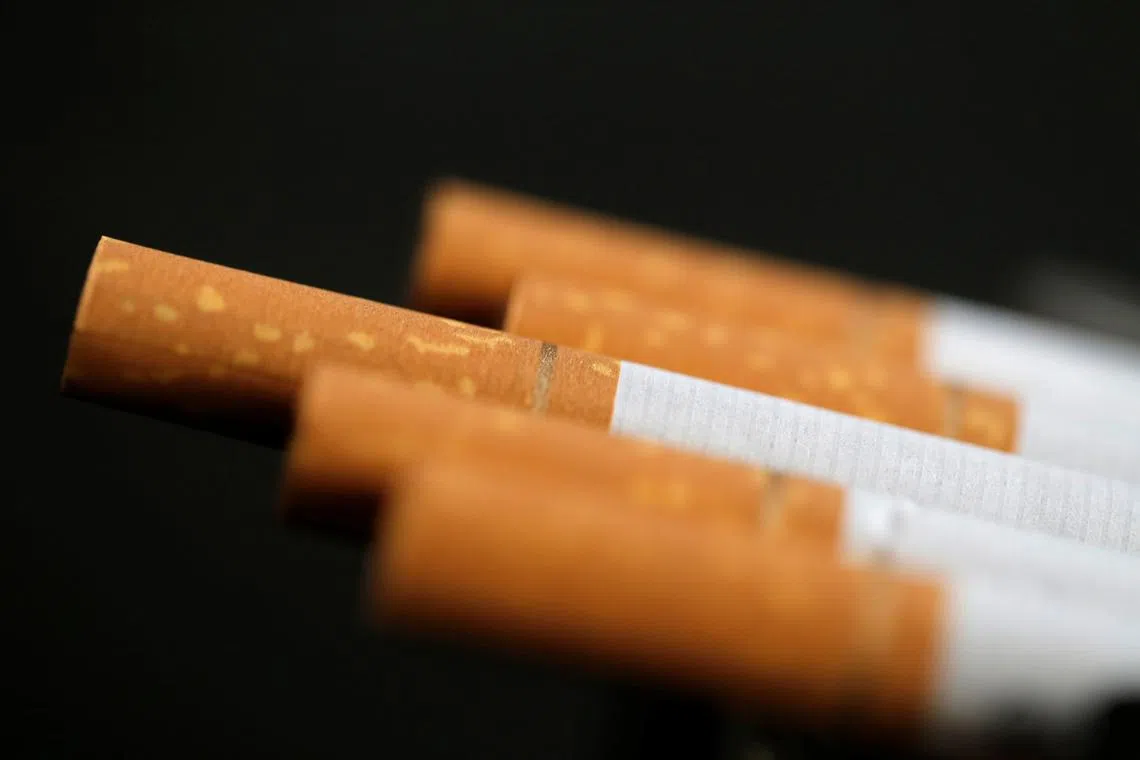New Zealand set to scrap world-first tobacco ban
Sign up now: Get insights on Asia's fast-moving developments

The coalition government said it is committed to reducing smoking, but is taking a different regulatory approach.
PHOTO: REUTERS
WELLINGTON – New Zealand on Feb 27 will repeal a world-first law banning tobacco sales for future generations, the government said, even while researchers and campaigners warned of the risk that people could die as a result.
Set to take effect from July, the toughest anti-tobacco rules in the world would have banned sales to those born after Jan 1, 2009, cut nicotine content in smoked tobacco products and reduced the number of tobacco retailers by more than 90 per cent.
The new coalition government elected in October 2023 confirmed the repeal will happen on Feb 27 as a matter of urgency,
Associate Health Minister Casey Costello said the coalition government was committed to reducing smoking, but was taking a different regulatory approach to discourage the habit and reduce the harm it caused.
“I will soon be taking a package of measures to Cabinet to increase the tools available to help people quit smoking,” she said, adding that regulations on vaping would be also tightened to deter young people.
The decision, heavily criticised over its likely impact on health outcomes in New Zealand,
Repeal flies in the face of robust research evidence, ignores measures strongly supported by Maori leaders and will preserve health inequities, Otago University’s Professor Janet Hoek said.
“Large-scale clinical trials and modelling studies show the legislation would have rapidly increased the rates of quitting among smokers and made it much harder for young people to take up smoking,” said Prof Hoek, co-director of a group studying ways to reduce smoking. REUTERS


